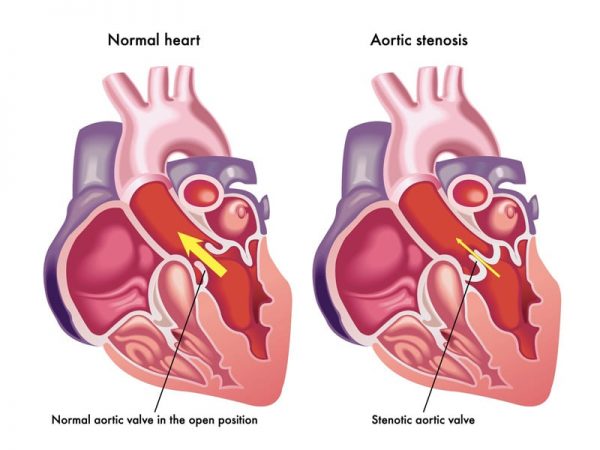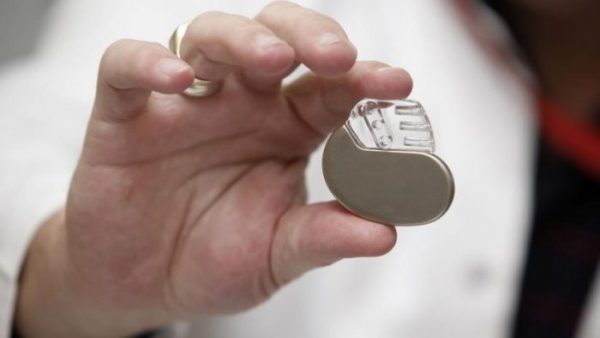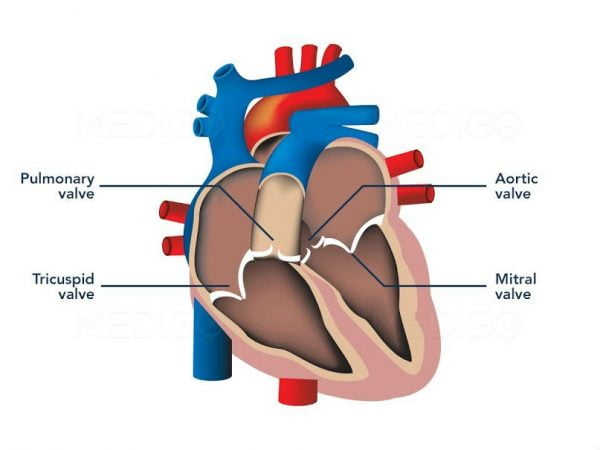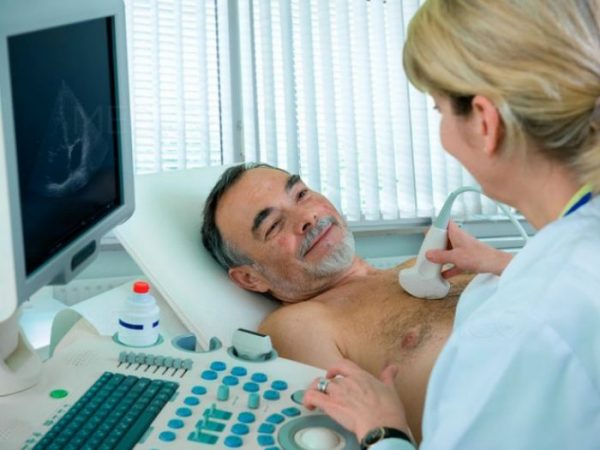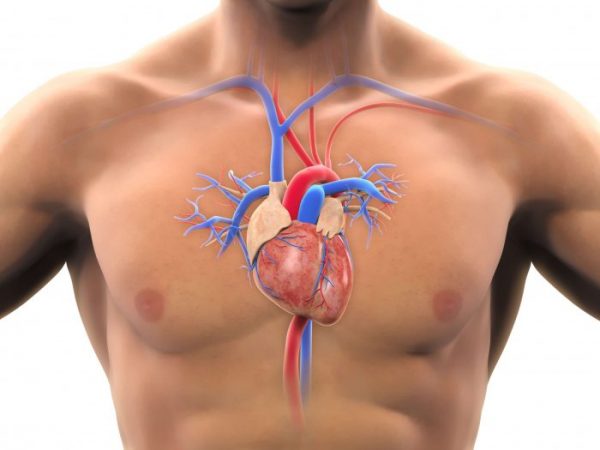ABOUT ELECTROCARDIOGRAM (ECG OR EKG)
An electrocardiogram (also called an ECG or EKG) is performed to identify problems with the heart, such as heart disease, heart failure, cardiomyopathy, congenital heart defects, heart valve disease, or pericarditis.
An electrocardiogram is a painless and non-invasive. The procedure is performed by attaching electrodes to the skin, which detect electrical impulses from the heart, indicating the size of the heart chambers, regularity of the heartbeat, and other details.
Recommended for
- Chest pain
- Fast or irregular heartbeat
- Breathing problems
- Tiredness and weakness
- Unusual sounds from the heart
TIME REQUIREMENTS
- Number of days in hospital: 1.
Usually no overnight stay is required.
- Average length of stay abroad: 1 – 2 days.
Patients can usually fly straight away, unless the electrocardiogram identifies serious heart problems.
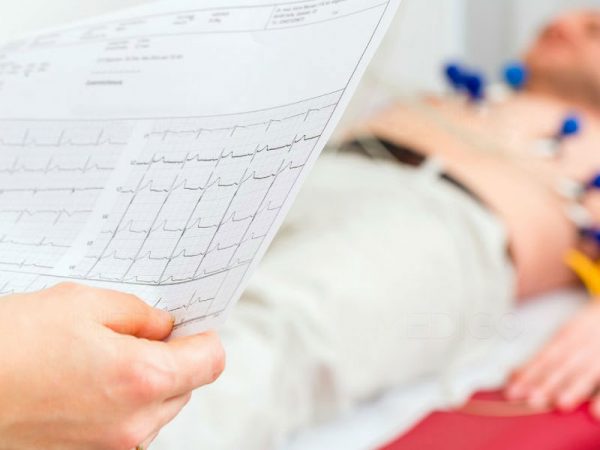
COMPARE ELECTROCARDIOGRAM (ECG OR EKG) PRICES AROUND THE WORLD
HOW TO FIND QUALITY TREATMENT ABROAD
BEFORE ELECTROCARDIOGRAM (ECG OR EKG) ABROAD
It is advisable to avoid drinking cold water or exercising immediately before the test as this can affect the results.
Before the test begins, the patient will be asked to change into a hospital gown. In some cases, the patient may need to have some hair shaved to allow the patches to correctly attach.
HOW IS IT PERFORMED
Once the preparation is complete, the patient is then asked to lie on a table and the electrodes which are attached to sticky patches, are attached to the patient’s skin using a gel. Normally, between 12 to 15 electrodes are attached to the patient’s arms, legs, and chest.
In order to detect a irregular heartbeat, the doctor may conduct other tests in conjunction with the ECG such as a stress test. During a stress test, the patient will be asked to exercise while the doctor monitors the heart’s response.
Procedure duration
Usually a few minutes.
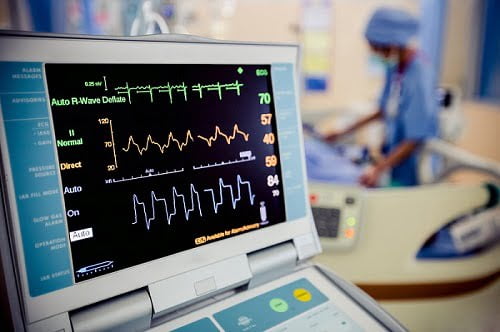
WHAT TO EXPECT AFTER ELECTROCARDIOGRAM (ECG OR EKG)
Post procedure care
Often, the doctor will be able to explain the results of the electrocardiogram immediately after the tests. If the results of the test are normal, some patients may not need further tests.
However, if the results show that there is a problem with the heart, the patient may need to repeat the ECG, or the doctor might prefer to perform another diagnostic test, such as an echocardiogram.
Possible discomfort
The patient may experience some minor discomfort when the bandage is removed from the skin.
IMPORTANT THINGS TO KNOW ABOUT ELECTROCARDIOGRAM (ECG OR EKG)
Potential risks
- Possible swelling or redness of the skin
